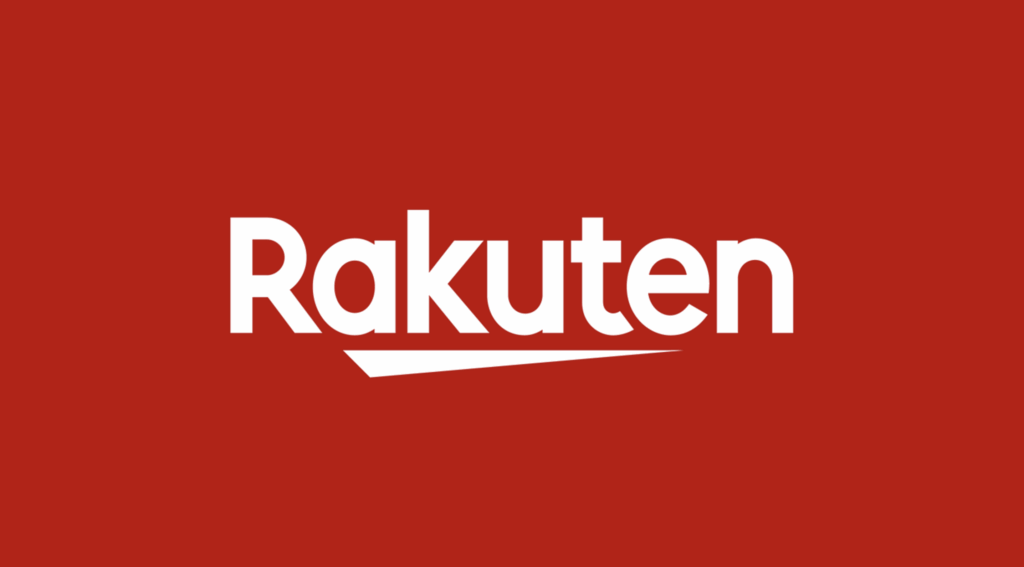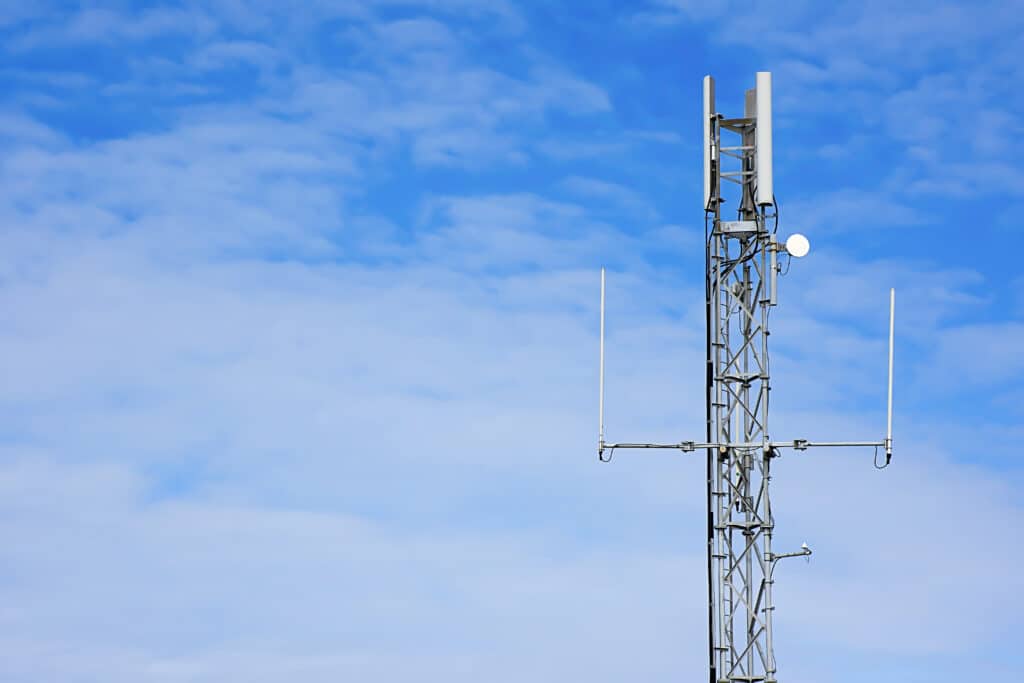- Virgin Media O2 and Hubbub’s Time After Time fund awarded £1 million to 18 charities, public sector and community groups with more than 260,000 people reached
- The organisations are sharing the successes and learnings of the initiative in a new report to help other organisations run successful circularity projects
- Virgin Media O2 and Hubbub are also hosting a FREE webinar at 2.30pm Thursday 25 September where community leaders can get practical advice on how to encourage communities to reuse tech locally
Virgin Media O2 and environmental charity, Hubbub, have today revealed that more than a quarter of a million people have been reached by the pair’s Time After Time fund which helps to tackle electronic waste and give unused tech a second life. The results show how local communities across the UK are addressing this significant environmental challenge in innovative and impactful ways.
Following the success so far, the organisations are now planning to share the impact and learnings of the fund which has provided grants totalling £1 million to 18 innovative circularity projects nationwide.
Virgin Media O2 and Hubbub established the Time After Time fund in 2022 in response to the nation’s growing e-waste problem, with the UK producing 24Kg of e-waste per person, the second highest amount in the world after Norway.
The fund is one of the ways Virgin Media O2 has exceeded its bold goal to encourage consumers to carry out 10 million circular actions (recycling, reusing, refurbishing and repairing devices), months ahead of its end of 2025 target, as part of its sustainability strategy, the Better Connections Plan.
Impact of the fund
Hundreds of groups applied for grants during two rounds of funding from the Time After Time initiative during 2022-2023 and 2024-2025.
The winners were selected by a panel of expert sustainability judges including TV presenter and environmentalist, George Clarke. Judges awarded funding to applicants that demonstrated how they could drive behaviour change by inspiring people to reuse or donate their unwanted devices, or gain further insight on how to reduce e-waste, and address digital exclusion with unused tech.
From Blackburn to Bristol, and Cornwall to Coventry, charities, community groups and public sector organisations used the funding to deliver events, training and policy recommendations which prevented e-waste, championed reuse, repair or recycling of tech devices. The donated and repaired tech was reused help digitally excluded people get online, and helped marginalised groups build tech repair skills so they could gain employment.
Examples include:
- Coventry City Council scaled up its #CovConnects digital inclusion programme to increase the number of device donations from corporate partners from across the city, which have been rehomed with people who need them via its Device Bank. Virgin Media O2 is scaling its partnership with the council to further accelerate device reuse in Coventry.
- Treverbyn Community Trust ran a mobile repair service to support hard-to-reach communities in rural Cornwall. The project supported 1,300 people across the county, repairing devices from games consoles to battery-powered garden tools.
- Foothold Cymru’s ‘Bright Sparks’ initiative in Llanelli, Carmarthenshire saw 26 young people trained as ‘e-waste ambassadors’ where they learnt how to repair devices and gained confidence to talk about tackling the issue in their community.
- Giroscope in Hull saw a 200% increase in device donations, which were rehomed with digitally excluded people across the city. They also quadrupled the number of weekly tech repair sessions, and createdpaid part-time jobs for two neurodivergent volunteers.
- Power to Connect in Battersea received more than 1,300 device donations from a range of partners and Wandsworth residents, more than doubling the amount of tech they received the year before. Volunteers refurbished and redistributed tech such as laptops and smartphones to schools and community organisations, transforming access to education and essential online services for families across the area.
Hubbub and Virgin Media O2 also educated Gen Z about the topic of e-waste to help change their perception of reusing tech after a dedicated Time After Time report revealed Gen Z are the generation most likely to tackle e-waste, but need support to do so. Events were held at universities across the UK, from ‘hackathons’ to find ways to address e-waste, to tech repair fairs allowing students to keep their devices working for longer.
Projects funded by the Time After Time fund have reached more than 260,000 people, with almost 10,000 people donating a device, repairing or recycling broken devices, or attending a workshop. As part of this, 8,000 electricals were repaired, reused or recycled, and more than 60% of donated tech, such as smartphones and tablets, were redistributed with those who need them, and 400 people attended tech repair training courses.
Dana Haidan, Chief Sustainability Officer at Virgin Media O2, said:
“We’re proud of the scale and impact of Virgin Media O2 and Hubbub’s Time After Time fund, and of the hard-working organisations that have delivered these innovative, community-led projects across the UK.
“Whether it’s creating conversations and positive action on tackling e-waste, changing people’s perceptions of reusing, repairing or recycling tech, donating smartphones and tablets to help those who are digitally excluded get online, or delivering device repair skills to help people find jobs, the Time After Time fund has changed people’s lives, enriched communities and helped protect the planet.”
Sharing best practice
Virgin Media O2 and Hubbub have published a new report and are hosting a free webinar at 2.30pm this Thursday (25 September), to help community leaders and organisations learn best practice for running successful projects that bridge the gap between circularity and digital inclusion. Click here to sign up for the webinar.
The report is based on insights from the Time After Time fund, and is packed with case studies, practical advice and recommendations on how to engage people – from schoolchildren to pensioners, and stakeholders, such as MPs, on e-waste and device reuse.
The report comprises five sections with recommendations, which include:
- Increasing e-waste awareness and knowledge
- Raise the profile of e-waste to the same level to known issues such as single-use plastic.
- Practical, hands-on learning, such as dismantling and repairing electricals, engages young people as they can see what is inside devices and demystifies tech repairs.
- Driving behaviour change for circular actions
- Use the EAST Framework (Easy, Attractive, Social and Timely) for behaviour change activities around e-waste. Make sure any communications are:
(1) easy to understand,
(2) attractive and appealing to engage with,
(3) involve other people (where possible, e.g. gamification or competition), and
(4) give information at the right time, so it’s both relevant and people have enough time to prepare.
- Boosting green skills and learnings
- Bringing groups together in person can help them problem-solve and crowd-source solutions that different groups might be facing.
- Highlight the employability aspect of volunteering and learning a new skill can encourage participation among young people.
- Supporting repair events for the community
- Scale impact by providing support to groups who are keen to do more in their local community, for example by setting up repair cafes or doing one-off events.
- Meet hard-to-reach communities at places where they are at, such as community fairs, museums, and family days out, which means you reach different audiences and break down barriers to accessing repair.
- Building resilient digitally included communities
- Prioritise the collection and repair of high demand items such as laptops and tablets which are particularly useful for individuals facing digital exclusion. However, collecting and repairing electrical domestic appliances are still useful in supporting displaced groups to set up new homes, such as those experiencing homelessness.
- Clear criteria for smart tech like phones and tablets can prevent unusable devices from being received.
The full report is available here.
Gavin Ellis, Director and Co-Founder of Hubbub said:
“It’s fantastic to see the combined impact of the Time After Time fund changing real lives across the country. Hubbub and Virgin Media O2 are delighted the Fund has supported these projects to grow and adapt to issues like flooding, venue changes and working with vulnerable groups.
“We’re proud to share the Fund’s outcomes and the amazing work of the funded partners that show old devices can transform lives, prevent electricals from becoming e-waste and build stronger communities. We hope more organisations will feel inspired and empowered to support this important mission.”
press enquiries
press enquiries







